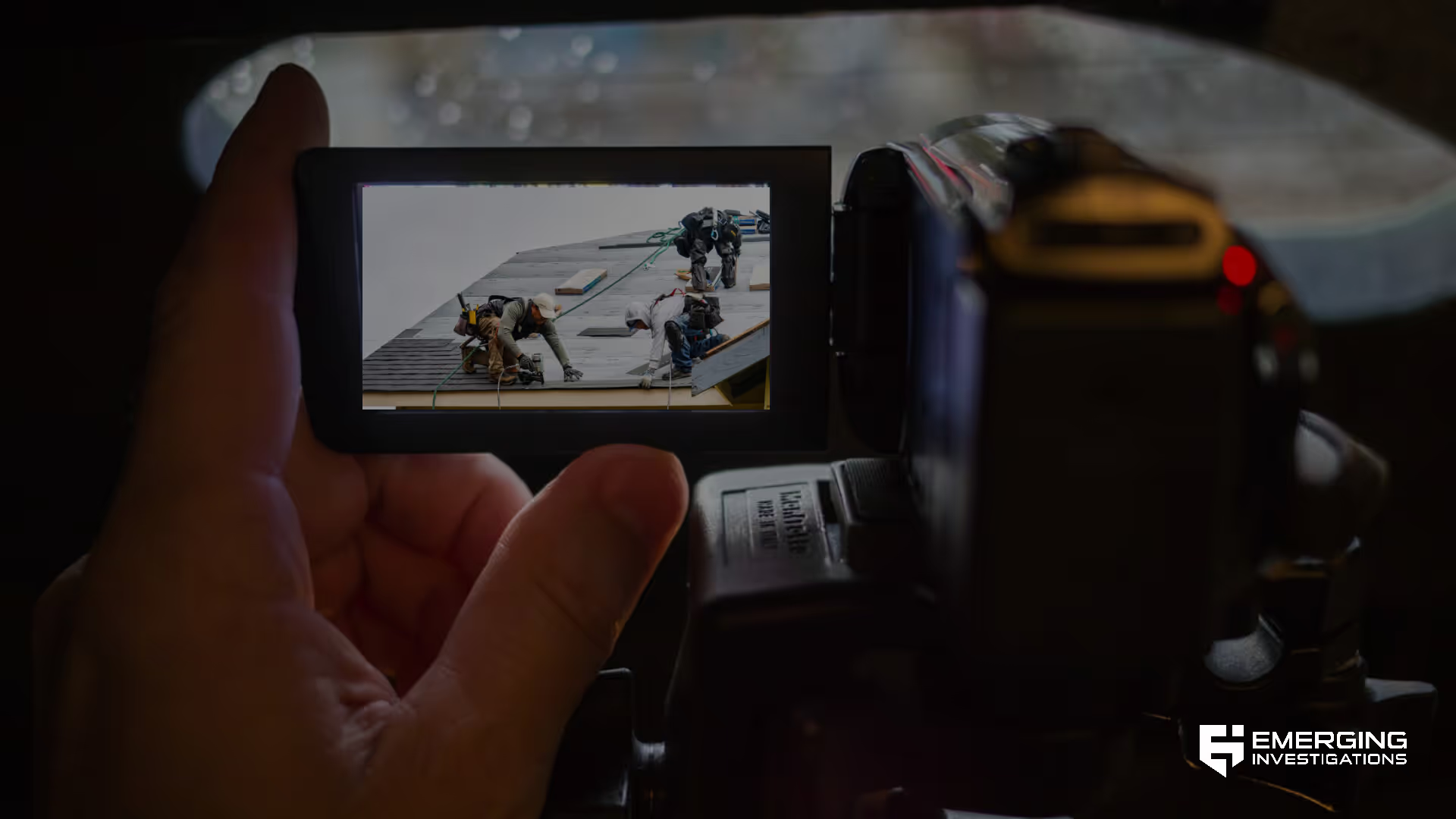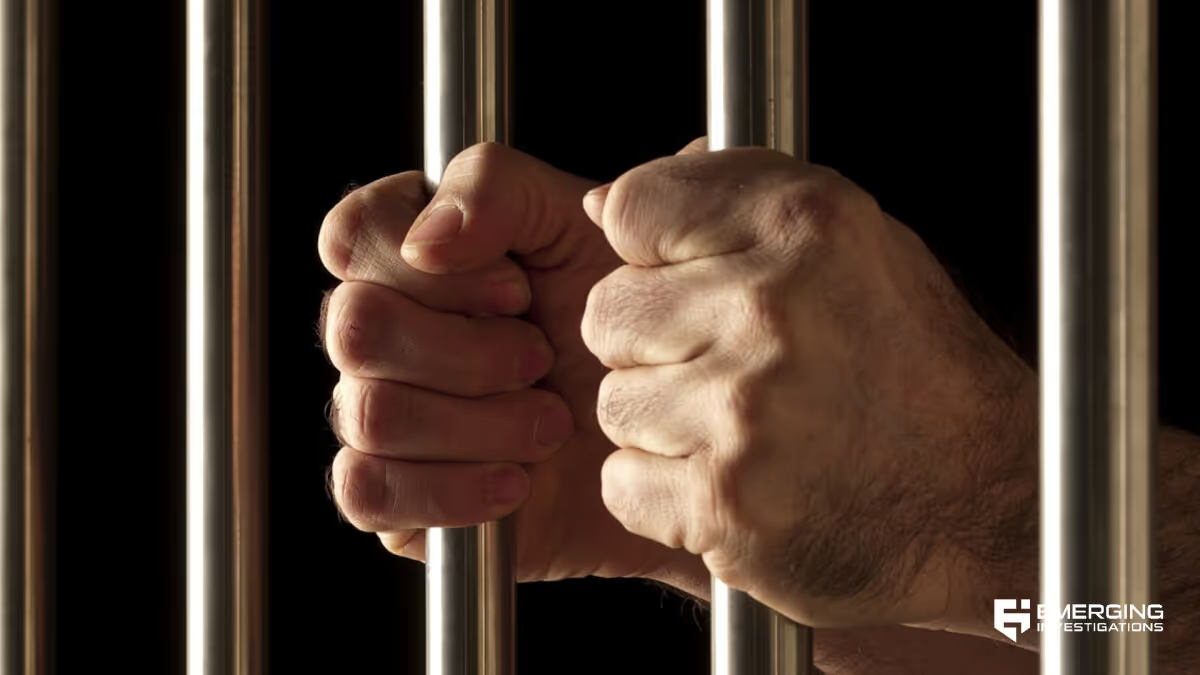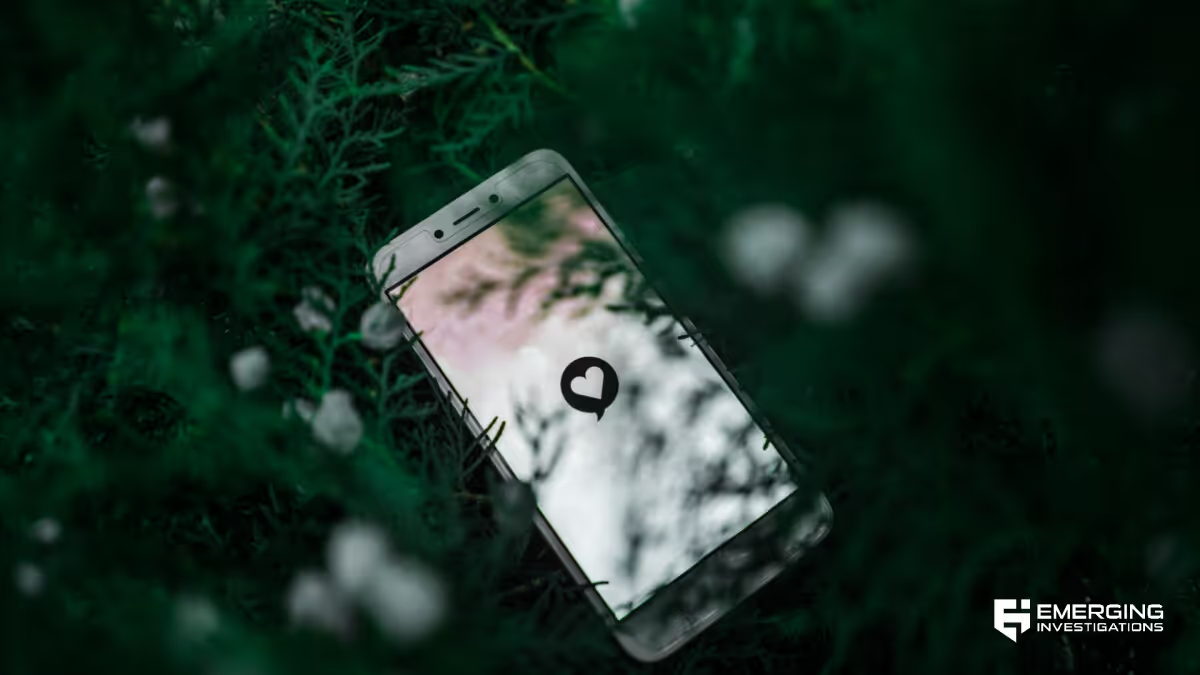In today’s world, where suspicions can cloud relationships and businesses face growing threats, private detective surveillance has become a powerful tool for uncovering the truth. Whether it’s confirming a spouse’s fidelity, uncovering corporate fraud, or finding a missing person, surveillance allows investigators to gather reliable evidence.
Unlike the glamorous image of detectives in movies, real-world surveillance is a mix of patience, advanced technology, and strict adherence to legal boundaries. By blending traditional observation with modern tools, private detectives provide clarity and facts where doubts once ruled.
The Role of Private Detective Surveillance in Society
Supporting Law Enforcement
Private detectives often complement law enforcement agencies. Police departments face limited resources and time, while private investigators can dedicate themselves fully to a single case. Through confidential investigations, detectives gather valuable information that sometimes strengthens criminal or civil cases.
Helping Individuals Resolve Personal Issues
Beyond law enforcement support, detectives play a vital role in personal matters. For example, surveillance provides concrete proof in personal issue investigations, such as infidelity or custody disputes. In these sensitive situations, evidence collected ethically and legally helps individuals make informed decisions.
When to Consider Hiring a Private Detective
Suspicion of Cheating Spouse or Partner
One of the most common reasons for hiring a detective is infidelity. A cheating spouse surveillance case often involves discreet monitoring of movements, communication, and behavior. Having proof helps individuals move forward—whether through reconciliation or legal separation.
Employee Misconduct or Corporate Espionage
Businesses face threats from within, such as employee theft, fraud, or corporate espionage. Detectives use surveillance to catch misconduct before it escalates into significant financial losses.
Financial Crimes and Fraud
Fraud detection is another growing area. From insurance fraud to financial scams, investigators use advanced methods to uncover deception. Their findings can be used as admissible evidence in court.
Methods of Private Detective Surveillance
Direct Observation and Shadowing
Traditional shadowing techniques remain a cornerstone of surveillance. Detectives follow subjects discreetly, documenting their actions through photos and notes. This method demands patience, situational awareness, and the ability to blend into different environments.
Electronic Monitoring and GPS
With modern GPS tracking, detectives can monitor vehicle movements and confirm locations. This provides a reliable timeline of where a subject has been, which can be crucial in infidelity or fraud cases.
Social Media and Online Tracking
Digital footprints are everywhere. Detectives use online surveillance and social media monitoring to uncover hidden connections, habits, and even evidence of misconduct.
Legal Framework Around Private Detective Surveillance
Laws Varying by Country/State
The legality of surveillance depends on the jurisdiction. For example, while GPS tracking may be legal in some areas, it can be considered an invasion of privacy in others. Understanding surveillance laws is essential to ensure that evidence can be used in court.
What Detectives Can and Cannot Do
Private detectives are bound by ethical investigations. They cannot hack into devices, trespass on private property, or engage in wiretapping without authorization. Professional investigators work within privacy laws to ensure collected data remains valid and legal.
Modern Innovations in Surveillance Technology
Smartphone Forensics
Smartphones reveal more than just calls—they provide location data, messages, and online activity. Forensic tools help investigators extract this data legally and ethically.
Biometric Tools
Biometric identifiers, like facial recognition, are increasingly used in biometric tracking. These help link individuals to certain places or activities.
Cybersecurity Surveillance
In cases of corporate espionage or financial fraud, cybersecurity surveillance allows investigators to track digital footprints, breaches, and suspicious online activities. Combined with AI, modern tools have made surveillance faster and more accurate.
Case Studies: How Surveillance Solved Real Cases
A cheating spouse investigation confirmed infidelity with photographic proof.
A company uncovered employee theft by using covert monitoring of workplace activities.
A missing person was located by analyzing social media tracking and online clues.
A corporate fraud case was solved when detectives used digital investigation to uncover false transactions.
These real-life examples highlight how surveillance can turn suspicions into undeniable facts.
Risks, Limitations, and Misconceptions
Surveillance is not without risks. Detectives risk exposure during stakeouts, and legal limits often prevent certain monitoring techniques. One common misconception is that detectives use “spy movie” methods—real investigations are much more methodical and patient.
Clients should also understand surveillance limitations. Detectives cannot guarantee results, especially when laws prevent access to specific data. Setting realistic expectations ensures trust between the client and the investigator.
Finding and Hiring a Reliable Private Detective
Checking Credentials and Licensing
When hiring, always verify private investigator credentials. Licensed detectives are held accountable to professional standards.
Reviewing Case Success Rates
Look for detectives with proven experience in your type of case. Positive testimonials, transparent contracts, and specialization in relevant fields ensure you’re working with a trustworthy professional.
A trusted surveillance service is one that prioritizes legal and ethical methods while delivering results backed by evidence.
Wrapping Up
Private detective surveillance plays a crucial role in both personal and corporate investigations. From uncovering infidelity to preventing corporate fraud, surveillance provides clarity and truth. Modern tools such as AI, forensic technology, and digital investigation methods make this practice more effective than ever.
However, surveillance must always respect legal and ethical boundaries. Hiring the right detective—one with credentials, experience, and a strong reputation—ensures the investigation is both professional and reliable.
In the end, surveillance is about more than just watching—it’s about uncovering the truth when it matters most.
FAQ
Is private detective surveillance legal? Yes, but only when conducted within the boundaries of privacy and surveillance laws. Detectives cannot trespass, hack, or wiretap without permission.
How much does it cost to hire a private detective? Costs vary depending on the complexity of the case, duration of surveillance, and technology used. Rates may range from hourly fees to package deals.
Can private detectives testify in court? Yes. Detectives can provide evidence and testimony, as long as the surveillance was conducted legally.
What tools do detectives use today? Tools include GPS trackers, drones, covert cameras, forensic tools, and digital analysis software.
How do I know if I’ve hired the right detective? Look for licensing, specialization, successful case history, and positive reviews. Transparency and professionalism are key indicators.





